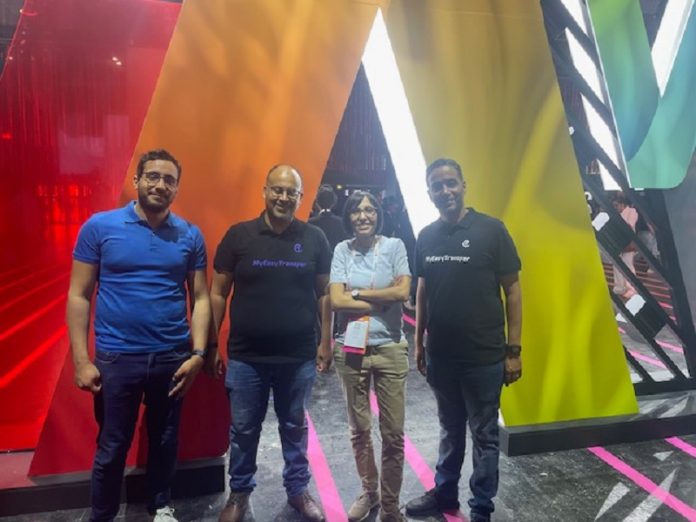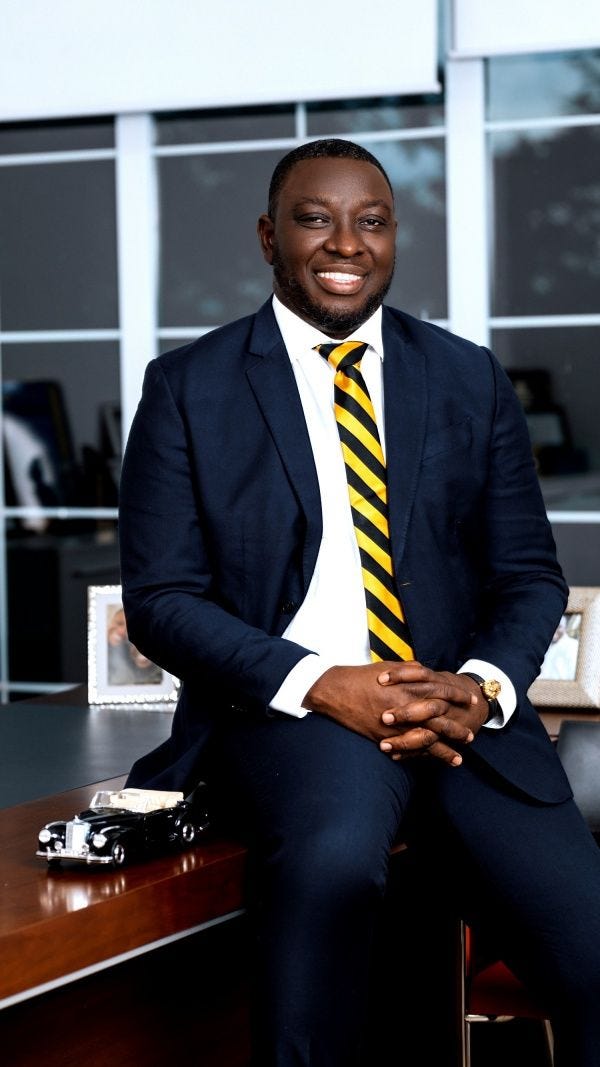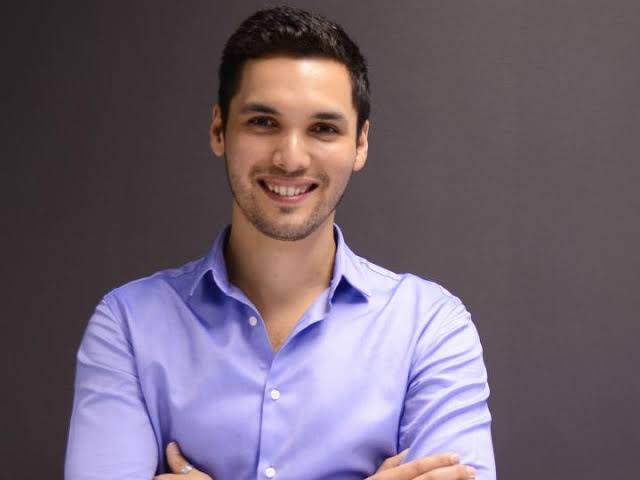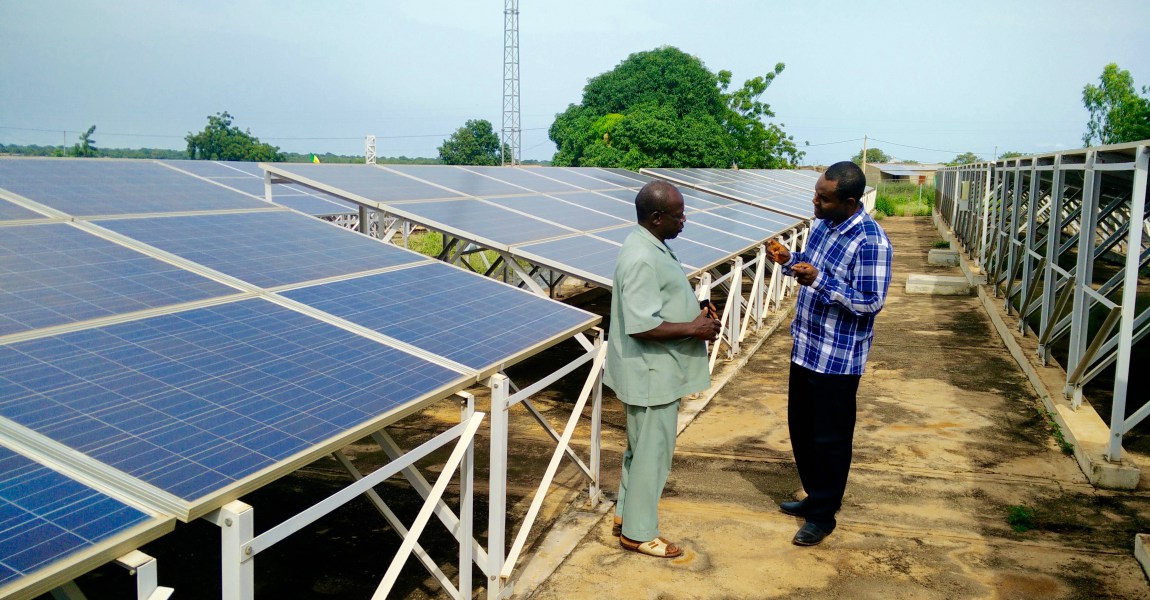Cavex Gains $6M Funding Boost from E3 Capital for Carbon Initiatives in Africa
The Carbon Value Exchange (Cavex) has successfully completed its initial funding round raising $6M. The round was led by E3 Capital and with the participation of FSD Africa Investments (FSDAi). The goal of this funding is to expand its digital carbon financing platform for global scalability. The partnership between E3 Capital and Cavex will also extend an opportunity for E3 Capital’s existing and future portfolio companies to access the carbon markets through this platform.
E3 Capital’s commitment, through its second fund, the E3 Low Carbon Economy Fund (E3 LCEF I), will help Cavex launch an innovative platform that utilizes digital technology to enhance trust, fairness, and transparency in the voluntary carbon markets. Cavex is dedicated to providing access to vital carbon financing for small-scale projects throughout Africa. These projects often struggle to participate due to the high initial costs and time required for carbon credit validation, issuance, and brokerage.

Nick Hughes, CEO and Co-Founder of Cavex, expressed optimism about the investment, stating, “This funding will demonstrate how digital technology can make climate finance accessible to many individuals, communities, and projects that are actively reducing or removing carbon emissions. Cavex has the potential to scale similar to the way mobile money revolutionized finance 15 years ago when Kenya and M-PESA led the global shift toward digital financial services. Moreover, Africa plays a significant role in the evolution of carbon markets, and it’s crucial that we find ways to distribute climate finance more equitably and with genuine socio-economic impact.”
read also Ghana’s Injaro Backs Local FinTech Zeepay with $2M Investment
Cavex’s digital platform offers a comprehensive solution that directly connects carbon credit buyers with high-quality projects in the Global South. It employs innovative digital technologies to validate project data, introduce visibility and traceability in project activities, and increase pricing transparency in a market that has been historically fragmented. The platform aims to positively impact the voluntary carbon markets through two key objectives: first, by using high-quality data to reduce participation costs and enhance market integrity, and second, by reducing reliance on intermediaries, ensuring a larger portion of credit sales revenue goes back to project owners and their supporters.
Paras Patel, Managing Partner at E3 Capital, emphasized the importance of expanding access to carbon financing for smaller projects, as it plays a crucial role in promoting inclusivity within the voluntary carbon markets. He stated, “We are delighted to support Cavex and their efforts to unlock verification, trading, and access to finance for projects in Africa. Through digital technology, Cavex’s platform brings integrity and price transparency to the sector, creating a much-needed market mechanism to ensure the equitable distribution of climate finance.”
Cavex is a digital marketplace and payment platform connecting buyers of carbon offsets to impactful projects in the Global South. The platform facilitates access to carbon financing for a wide range of small-scale projects, with a goal to channel over $500 million to projects by 2030. Their innovative model streamlines processes through digital technologies and data capture, reducing the time and costs associated with project validation and carbon credit transactions, and ensuring the majority of funds are directed towards projects and beneficiaries. Cavex is currently active in Kenya and Senegal.
read also Flourish Ventures Secures $350 Million to Fuel Emerging Market Fintechs, Including Africa
E3 Capital is a prominent investor in early-stage businesses that facilitate digitized, decentralized, and decarbonized business models across Africa. Presently, E3 oversees two Pan-African funds: the Energy Access Ventures Fund, which focuses on energy access and productive use of energy, and the E3 Low Carbon Economy Fund, with a focus on climate tech and digital infrastructure. E3’s team is young, diverse, and dedicated to the future of the low carbon economy. With its core team based in Africa, E3 is uniquely positioned to help companies grow and scale while adhering to global sustainability goals. The team supports forward-thinking entrepreneurs who aim to bridge the gap between climate transition and growth in emerging markets, using green energy as a catalyst for their products and services.
Cavex Africa
Charles Rapulu Udoh

Charles Rapulu Udoh is a Lagos-based lawyer, who has several years of experience working in Africa’s burgeoning tech startup industry. He has closed multi-million dollar deals bordering on venture capital, private equity, intellectual property (trademark, patent or design, etc.), mergers and acquisitions, in countries such as in the Delaware, New York, UK, Singapore, British Virgin Islands, South Africa, Nigeria etc. He’s also a corporate governance and cross-border data privacy and tax expert.
As an award-winning writer and researcher, he is passionate about telling the African startup story, and is one of the continent’s pioneers in this regard



















